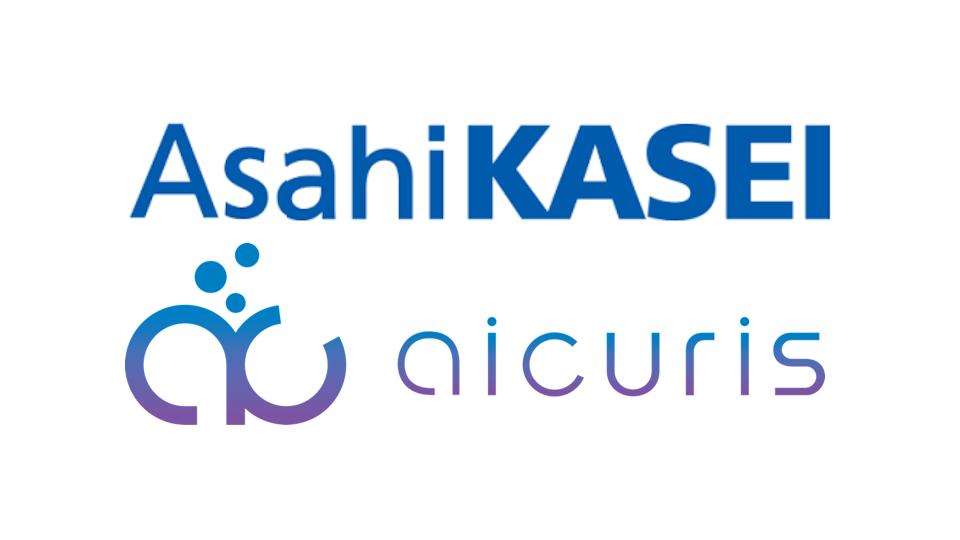Nuvation Bio nears commercial stage with AnHeart buy

Nuvation Bio chief executive David Hung
Nuvation Bio has accelerated its development into a commercial-stage biotech with a deal to acquire AnHeart Therapeutics and its late-stage lung cancer therapy taletrectinib.
Chief executive David Hung – formerly head of Axovant and Medivation before forming Nuvation in 2018 – said the takeover is a “significant milestone” for the company and ties in with its “commitment to developing therapies for patients with the most difficult-to-treat cancers.” The financial terms of the deal have not been disclosed.
After the closure of the transaction, which is expected in the second quarter, AnHeart shareholders will own around one-third of the combined company, with Nuvation investors taking control of the remainder. AnHeart CEO Junyuan Jerry Wang will join Nuvation’s board of directors.
Taletrectinib is a ROS1 inhibitor in a pair of pivotal phase 2 trials in patients with ROS1-positive non-small cell lung cancer (NSCLC) – TRUST-1 and TRUST-2 – with results due next year.
The drug has a breakthrough designation for this indication from the FDA in the US and China’s NMPA and is already under regulatory review in China, where rights are held by Innovent Biologics.
AnHeart describes taletrectinib as a “next-generation” ROS1 inhibitor that could improve on other drugs in the class, like Pfizer’s first-to-market Xalkori (crizotinib), for example, by tackling tumours with resistance mutations, showing efficacy in brain metastases, and avoiding neurological side effects.
Other next-generation ROS1 drugs, including Roche’s Rozlytrek (entrectinib) and Bristol-Myers Squibb’s Augtyro (repotrectinib), are already approved to treat ROS1-positive NSCLC. Rozlytek sales were $95 million last year, while Augtyro made $1 million following its November approval by the FDA.
According to the American Lung Association, the ROS1 gene mutation occurs in about 1% to 2% of lung cancers and is more common in patients with little to no history of smoking.
The AnHeart takeover will also add safusidenib, a mutant IDH1 inhibitor currently being tested in a phase 2 study in patients with grades 2 and 3 IDH1-mutant glioma, and AXL inhibitor AB-329, which is in preclinical development as a potential new cancer immunotherapy.
Nuvation’s pipeline, meanwhile, is currently headed by BET inhibitor NUV-868, in phase 1b testing as a monotherapy for various advanced solid tumours and as a combination with AstraZeneca and MSD’s PARP inhibitor Lynparza (olaparib) and Astellas and Pfizer’s anti-androgen therapy Xtandi (enzalutamide).
It also has NUV-1511, a small molecule drug-drug conjugate with potential in breast, ovarian, colorectal, and pancreatic cancers, which is in a phase 1/2 dose-escalation study.
“We believe the pipeline and financial strength of the combined company have the potential to create a market leader, and we look forward to working with David and the Nuvation Bio team to bring new cancer therapies to patients in need of better options,” commented Wang.













